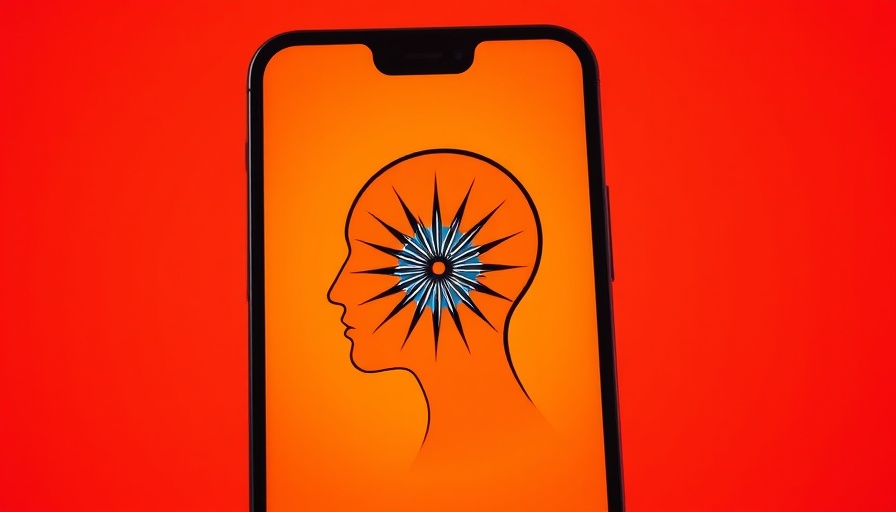
Anthropic's $1.5 Billion Settlement: A New Era for AI and Copyright
In a groundbreaking development for copyright law in the age of artificial intelligence, AI startup Anthropic has agreed to pay at least $1.5 billion to settle a lawsuit stemming from allegations of copyright infringement. This case, with an estimated compensation of $3,000 per pirated work, marks a pivotal moment, as it stands to set precedents for how courts handle copyright issues related to AI-generated content.
The Implications of This Landmark Settlement
The lawsuit was originally filed in 2024 by authors Andrea Bartz, Kirk Wallace Johnson, and Charles Graeber, claiming that Anthropic had unlawfully trained its AI models on their copyrighted books without permission. With approximately 500,000 affected works in the mix, the settlement emphasizes the significance of protecting intellectual property in our increasingly digital world.
Justin Nelson, co-lead counsel for the plaintiffs, stated, "This landmark settlement far surpasses any other known copyright recovery. It is the first of its kind in the AI era." This sentiment resonates deeply with the current tech landscape, where the integration of AI in creative industries has often raised ethical and legal questions about ownership and compensation.
A Fair Use Debate: Boundaries of AI Training
The discussion surrounding Anthropic’s use of copyrighted materials in its AI development led to a pivotal ruling earlier this year. Although a senior district judge found that some of Anthropic’s AI training fell under the “fair use” doctrine, which allows limited unauthorized use under certain conditions, the caveat lies in the ongoing scrutiny of the sources of training data. This compromise echoes larger trends in copyright litigation across technology sectors, as creators advocate for their rights amid the rapid advancements in AI capabilities.
Societal Impact of AI and Copyright Regulations
This settlement is critical not just for authors and creators but for the broader cultural landscape as well. As artificial intelligence technologies—including text generators and image synthesis tools—become more prevalent, the implications of copyright law must evolve to keep pace with innovation. Conversely, the growing awareness of copyright issues in AI training could stifle creativity if companies feel overly restricted.
Anthropic’s commitment to compliance—while simultaneously asserting it acted within legal bounds—signals a potential shift in how AI companies approach creative works. Their focus on developing "safe AI systems" suggests a willingness to engage responsibly with the legal landscape, but the question remains: will other tech firms follow suit?
What Lies Ahead: Future Predictions for Creative AI
Looking ahead, the legal interpretations established in this case could influence new regulations for AI companies operating within the creative sector. With regulators worldwide starting to grapple with similar issues, this landmark settlement sets a global precedent that may adjust the balance of power between tech companies and creatives.
As competition intensifies in the AI domain, future technology trends might steer organizations to prioritize ethical considerations. This could lead to new models for content generation—where authors retain ownership and receive fair compensation while ensuring companies gain access to necessary resources.
Actionable Insights for Tech Savvy Readers
For tech enthusiasts, this evolving legal context around AI represents an exciting opportunity to stay informed about upcoming developments in AI ethics, copyright changes, and the balance between innovation and accountability. It may also be time to advocate for more transparency and dialogue on how data is sourced for AI training.
As you explore the latest gadgets of 2025, contemplate not just their technical prowess but how the next wave of innovation interacts with established legal structures. Are you ready to navigate this new frontier at the intersection of technology and copyright?
 Add Row
Add Row  Add
Add 




Write A Comment